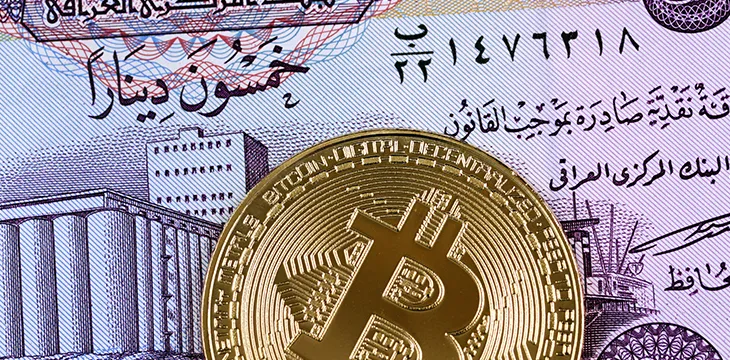|
Getting your Trinity Audio player ready...
|
The Central Bank of Iran (CBI) will likely lift a ban on cryptocurrency trading by the country’s commercial banks and exchanges in September, according to reports. The ban, which was announced last April 22, prohibits state banks and other financial institutions from dealing with cryptocurrencies.
The ban was claimed to be consequential to some money-laundering and terrorism financing fears. However, it did not stop the country’s proposed national cryptocurrency project, which was announced earlier in February.
The country’s youngest minister, Information and Communication (ICT) Minister Mohammad Javad Azari-Jahromi, said, “The central bank ban does not mean the prohibition or restriction of the use of digital currency in domestic development.”
Many see national currency production as Iran’s plans for avoiding potential economic sanctions by the U.S. government. But the state-backed cryptocurrency will reportedly be implemented to support the national currency, and also used as a token for commercial bank transactions.
Days after the ban placement, Azari-Jahromi announced that the country’s local cryptocurrency is ready for a test run. He indicated, “Iran cryptocurrency project is on track despite Central Bank ban……Iran has developed an experimental local cryptocurrency.”
Speaking at a conference in Tehran over the weekend, Nasser Hakimi, CBI’s deputy for innovative technologies, explained that regulatory actions and decisions will now focus on the country’s invented national cryptocurrency.
Hakimi was quoted by local news outlets saying, “The high council of anti-money laundering has imposed a ban in light of concerns over global allegations of money laundering and financing of terrorism……but it seems that after government considerations, this ban will be lifted.”
Hakimi announced that the regulations will be focused in four aspects of the regulatory legal framework. He added that the whole regulations focus is not centered only on the financial sector, explaining, “This is beyond the boundaries of the financial sector and is considered an individual issue so we can look at it as the crypto mining industry.”
Since the ban, Iran’s economy has been faced with harsh economic conditions as well as new economic U.S. sanctions, causing the country’s currency to lose much of its value in the global market exchange. Additionally, the ban did not stop online exchanges. Local exchanges were also reported to have stopped operations for a period of two weeks after the ban, but later resumed their operations.

 08-22-2025
08-22-2025 





